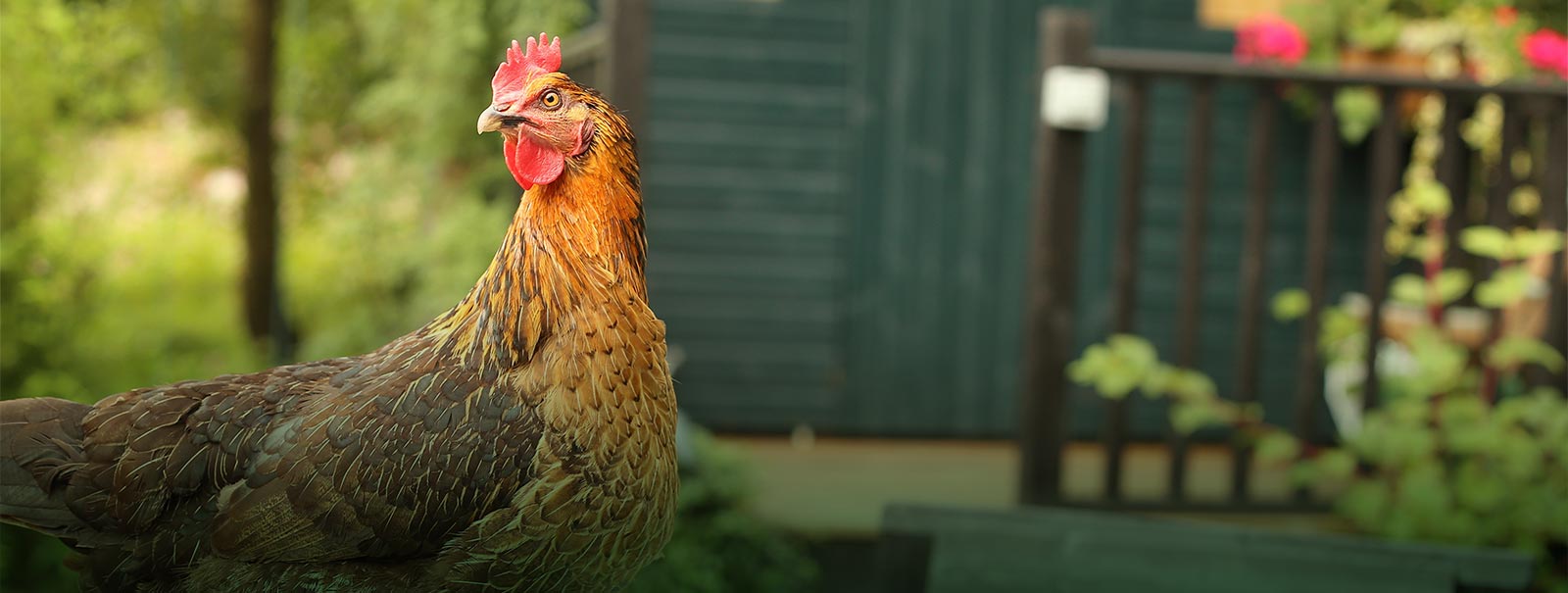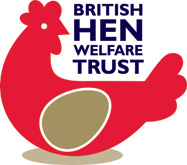
The advice hub Ex-Commercial Hen Rehoming
With the growing popularity of keeping hens in the back garden, one charity that has caught the public’s interest is the British Hen Welfare Trust www.bhwt.org.uk
Over the last few years, British Hen Welfare Trust have been responsible for rehoming over 250,000 ex caged hens from a network of regional centres across the UK. The hens are collected when they are no longer commercially viable, at this point most of them would be processed and used in various food products.
Rehoming caged hens can be an extremely rewarding experience but they are not necessarily the bird of choice for everyone. You cannot guarantee they will consistently lay eggs and because of their age the eggs may be a little bit runny and the shells a bit thin. However, many birds arrive in their new homes and lay lovely eggs for the next couple of years.

When the hens arrive at a BHWT rehoming base, they are placed on solid ground for the first time. Most will have feathers missing to varying degrees, they will be given a toenail clip. Some birds may also appear to have bruising because they have weakened muscles from lack of exercise. The coordinator will extract any hens that appear unfit to be rehomed and they are sent to the hen hospital to recover. The majority of the hens are rehomed on the same day to avoid prolonged stress, and so they can adjust to their new homes.
The BHWT coordinators give demonstrations on how to handle the hens for first time keepers. Bespoke advice is offered to re-homers who want to adopt caged hens. Also, anyone who experiences problems can also call the BHWT care-line and talk to a member of the team.
The most rewarding aspect of adopting is seeing the bird’s feathers regrow, their combs return to a bright red and their muscle tone develop as they learn to walk, perch and peck.
If you wish to keep hens purely for consistent egg production, then careful thought must be made when considering adoption of caged hens, you may find buying point of lay hens a better choice.

